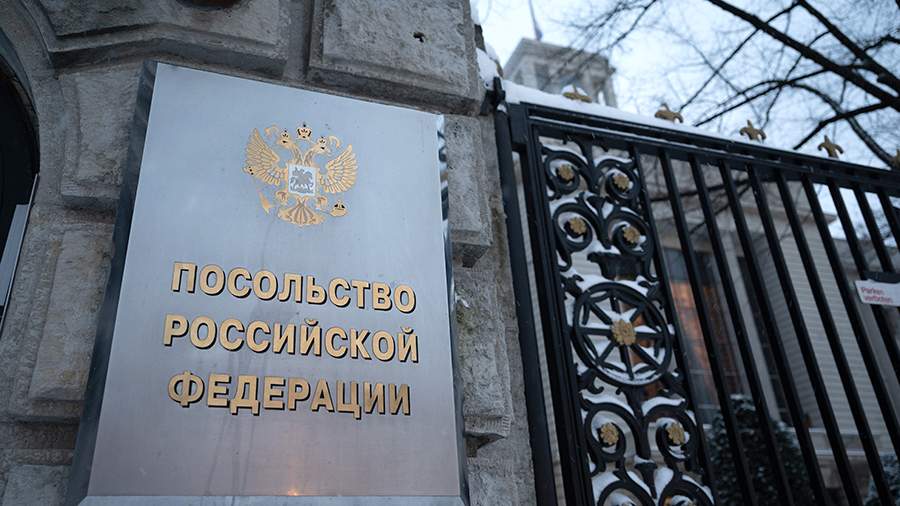Embassy calls further restrictions on Russian journalists in Germany an escalation

Restrictions on the activities of Russian journalists in Germany will be seen as an escalation and will not go unanswered. This was stated by the Moscow Embassy in Berlin on Thursday, November 28.
Earlier in the day, Russian Ambassador Sergey Nechaev was summoned to the German Foreign Ministry, where he was protested against the withdrawal of accreditation of two employees of the Moscow office of the German media group ARD.
Commenting on the situation, the Russian Embassy rejected the claims of the German side as groundless. It also drew attention to the fact that the steps taken by Moscow are purely retaliatory to the unfriendly actions of the German authorities, who banned the stay and journalistic activities in Germany of two correspondents of the First Channel of Russian television.
"We did not create the problem. Moscow acts strictly on the basis of the principle of reciprocity, the ARD/WDR office in the Russian capital is not closed," the embassy pointed out.
In addition, it is emphasized that the Russian side is not interested in confrontation and insists on a similar approach of Berlin. At the same time, any further restrictions on the activities of Russian journalists in Germany will be regarded as escalation and will not go unanswered.
On the eve of November 27, Russian Foreign Ministry spokeswoman Maria Zakharova said that in response to the closure of Channel One's bureau in Germany, Russia is expelling two journalists of the German media group ARD. Zakharova noted that the German authorities have already many times interfered with the work of Russian journalists by imposing sanctions and harassing media employees.
Earlier in the day, Channel One reported that the German authorities had decided to close its German bureau. The FRG motivated this by "security policy interests" and ordered the staff of the bureau to leave the country. The German authorities told Channel One that it allegedly "influences" the Russian-speaking population of Germany and poses a threat to public order and security of both the country and the European Union (EU).
Commenting on the situation, Russian Deputy Foreign Minister Alexander Grushko said that the ministry had a negative attitude to the decision of the FRG authorities, which grossly violates the principles of international communication. The deputy foreign minister added that the Foreign Ministry would fight for the rights of Russian journalists with all necessary methods.
Переведено сервисом «Яндекс Переводчик»
